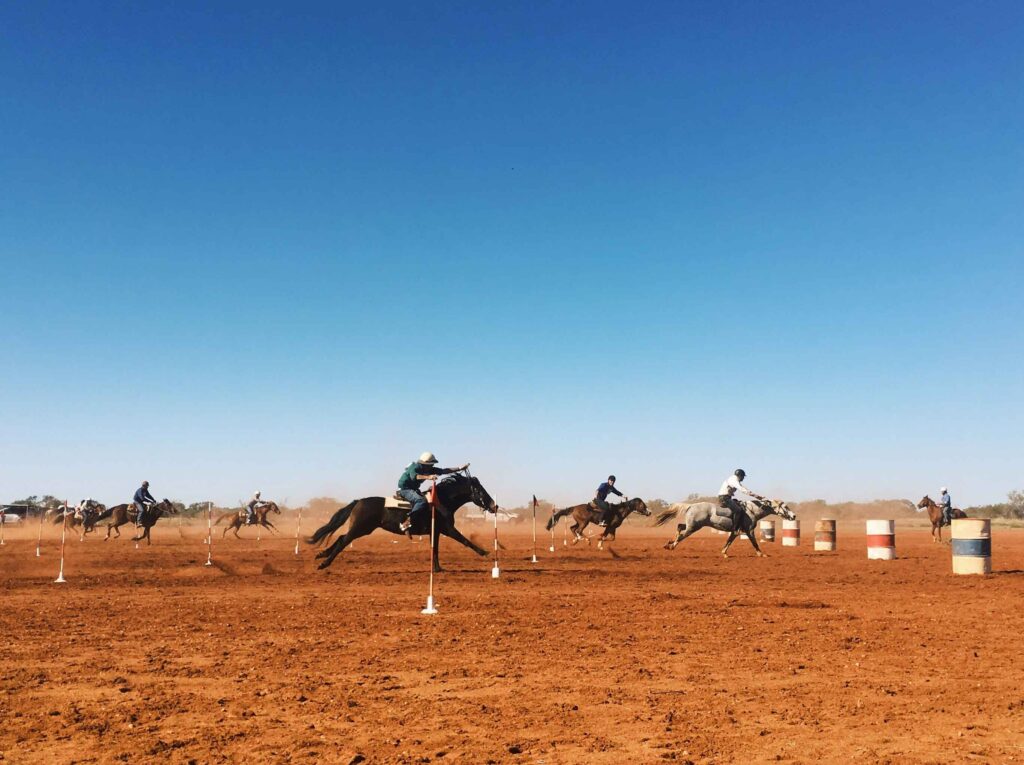Winning and losing are inherent aspects of human life, influencing emotions, motivations, and perspectives. While the stakes may not be as high as a gladiator arena, the psychological impact of victory and defeat is significant in both personal and professional realms. This exploration delves into the contrasting emotions associated with winning and losing, examining how individuals navigate these experiences in the modern world.
Key-Points
- In the stone age, competition was driven by basic survival needs, but today’s competitive landscape encompasses social status, career progression, and personal achievements.
- Those who use defeat as a catalyst for refining strategies and learning from failures often achieve greater success in subsequent ventures.
- Society often glorifies winning and stigmatizes losing, influencing individual perceptions of success and failure.
Table of Contents
The Human Drive for Success
Evolution of Competition
In the stone age, competition was driven by basic survival needs, but today’s competitive landscape encompasses social status, career progression, and personal achievements. The fundamental human instinct to strive and excel remains a driving force, shaping actions and aspirations.
Psychological Frameworks
The Social Comparison Theory explains how individuals evaluate themselves relative to others, fostering a mentality of win or lose. Understanding these psychological frameworks helps contextualize the intensity of emotional responses to success and failure.
Case in Point: Michael Jordan’s Journey
Overcoming High School Setback
The story of Michael Jordan’s high school basketball rejection illustrates the emotional journey of defeat. His initial devastation turned into a powerful motivation for improvement, showcasing the transformative potential of setbacks.
Business Leader’s Resilience
Similarly, in the business world, leaders often face significant setbacks. Those who use defeat as a catalyst for refining strategies and learning from failures often achieve greater success in subsequent ventures.
Turning Defeat into a Catalyst for Growth
Defeat as a Starting Point
Losing is not merely an endpoint; it can be a starting point for growth and learning. Historical examples abound of individuals who turned defeats into stepping stones for later successes, teaching us the importance of resilience and learning from failures.
Cultivating a Growth Mindset
Developing a proper perspective towards defeat involves recognizing the value in every experience. Cultivating resilience and a growth mindset enables individuals to bounce back from defeats, using setbacks as opportunities for future growth.

Shifting Societal Perspectives on Winning and Losing
Glorification of Winning
Society often glorifies winning and stigmatizes losing, influencing individual perceptions of success and failure. However, there is a growing recognition of the importance of effort, persistence, and the learning journey, rather than just the outcome.
Balanced Approach to Competition
Acknowledging that failure is often necessary for improvement and learning, there is a shift towards a more balanced approach to competition. Understanding that both winning and losing contribute to personal development fosters a healthier mindset.
Embracing the Journey: Learning, Growing, and Reflecting
Integral Aspects of Life
Winning and losing are integral aspects of the human experience. Embracing both with an understanding of their psychological impacts and societal implications is crucial. The true victory lies in the ability to learn, grow, and self-reflect through each experience.
Character Refinement
Character is refined when composure is maintained regardless of the outcome. Utilizing both losing and winning experiences as opportunities for personal development ensures a victory in the long run.
Conclusion
The emotional landscape of winning and losing is complex and multifaceted. By understanding the psychological dynamics, acknowledging setbacks as catalysts for growth, and embracing a balanced perspective, individuals can navigate the highs and lows of life’s competitive journey.









